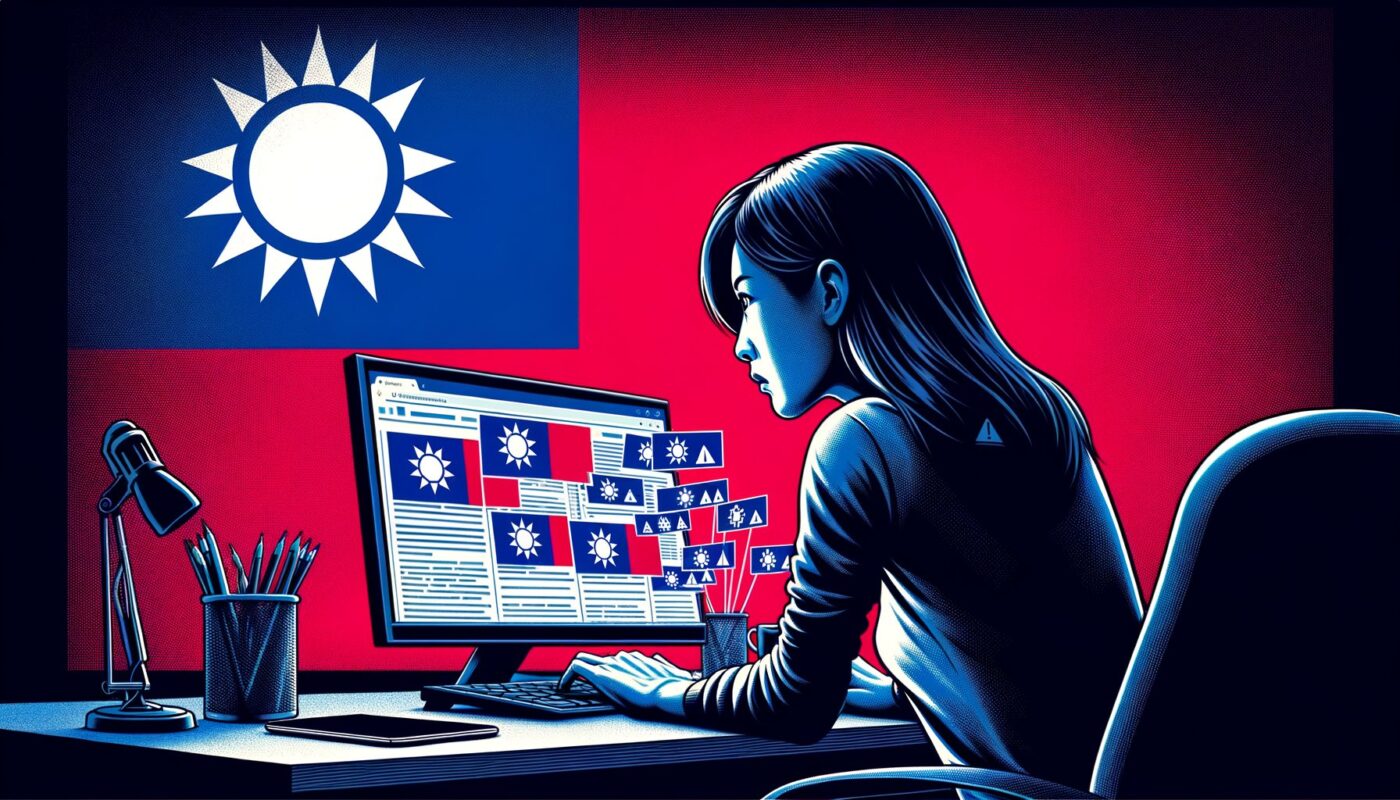In a stark revelation, Taiwan has accused China of escalating its efforts to subvert the island’s democratic framework through sophisticated disinformation campaigns. These allegations arise amid increasing geopolitical tensions and efforts to solidify Taiwan’s alliances, particularly with the United States.
The Rise of Disinformation Tactics
Taiwan’s National Security Bureau has reported a significant 60% rise in the dissemination of false or biased information attributed to China. This increase brings the total to a staggering 2.16 million pieces, overwhelming the previous count of 1.33 million in 2023. The primary channels for these disinformation campaigns include dominant social media platforms such as Facebook and X, along with youth-oriented apps like TikTok.
China’s strategy reportedly involves creating inauthentic accounts to distribute propaganda on platforms like YouTube. Additionally, advanced technologies such as AI are employed to produce fake videos and to flood comment sections with pro-China messages. Despite China banning these global social media platforms within its borders, it continues to exploit them to project both official and contrived narratives internationally.
For those interested in more on international dynamics and China’s influence on global geopolitics, read about the wider implications of strategies similar to this in our detailed piece on the U.S. and China’s power struggle for control over strategic space regions.
Democracy Under Siege
Taiwan stands firm as a democratic stronghold in a region frequently challenged by authoritarian aspirations. In his New Year’s address, Taiwan’s President Lai Ching-te emphasized the critical role Taiwan plays in the global defense of democracy against regimes like China, Russia, North Korea, and Iran.
China, under the leadership of Xi Jinping, continues to assert its claim over Taiwan, viewing it as a territory to be reunited with the mainland, by force if needed. Jinping reiterated this stance in his New Year’s message, underlining that no external forces, implicitly referencing the U.S., could deter this goal.
Military activities by China, including frequent sorties of warplanes and ships into Taiwan-controlled areas, as well as simulated invasion drills, highlight the precariousness of the situation. Explore the nuances of Taiwan’s military and diplomatic responses in our related article on how China’s strategies extend into military build-ups and their repercussions.
Strengthening Democratic Defenses
In response to escalating threats, Taiwan is bolstering its defense mechanisms both in cyberspace and in conventional military prowess. President Lai has vowed to continue fortifying defenses, positioning Taiwan as an indomitable part of the global democracy-defense line.
This strategic move is in light of China’s increasing naval and missile force build-up aimed at deterring American military support for Taiwan. For a broader discussion on how geopolitical tensions impact economic domains, read about the recent U.S. steel acquisition block and its implications in Biden’s bold move in blocking Nippon Steel’s acquisition.
As the island nation continues its struggle against disinformation and potential military aggression, international observers remain watchful of how Taiwan and its allies navigate these stormy geopolitical waters, highlighting the importance of vigilance in safeguarding democratic institutions against pervasive disinformation threats.
Warning : This information is indicative and without guarantee of accuracy. Consult a professional before making any decision.





